UN votes to end Lebanon peacekeeping mission
The Trump administration considers the UN's Interim Force in Lebanon (UNIFIL) to be a 'waste of money'

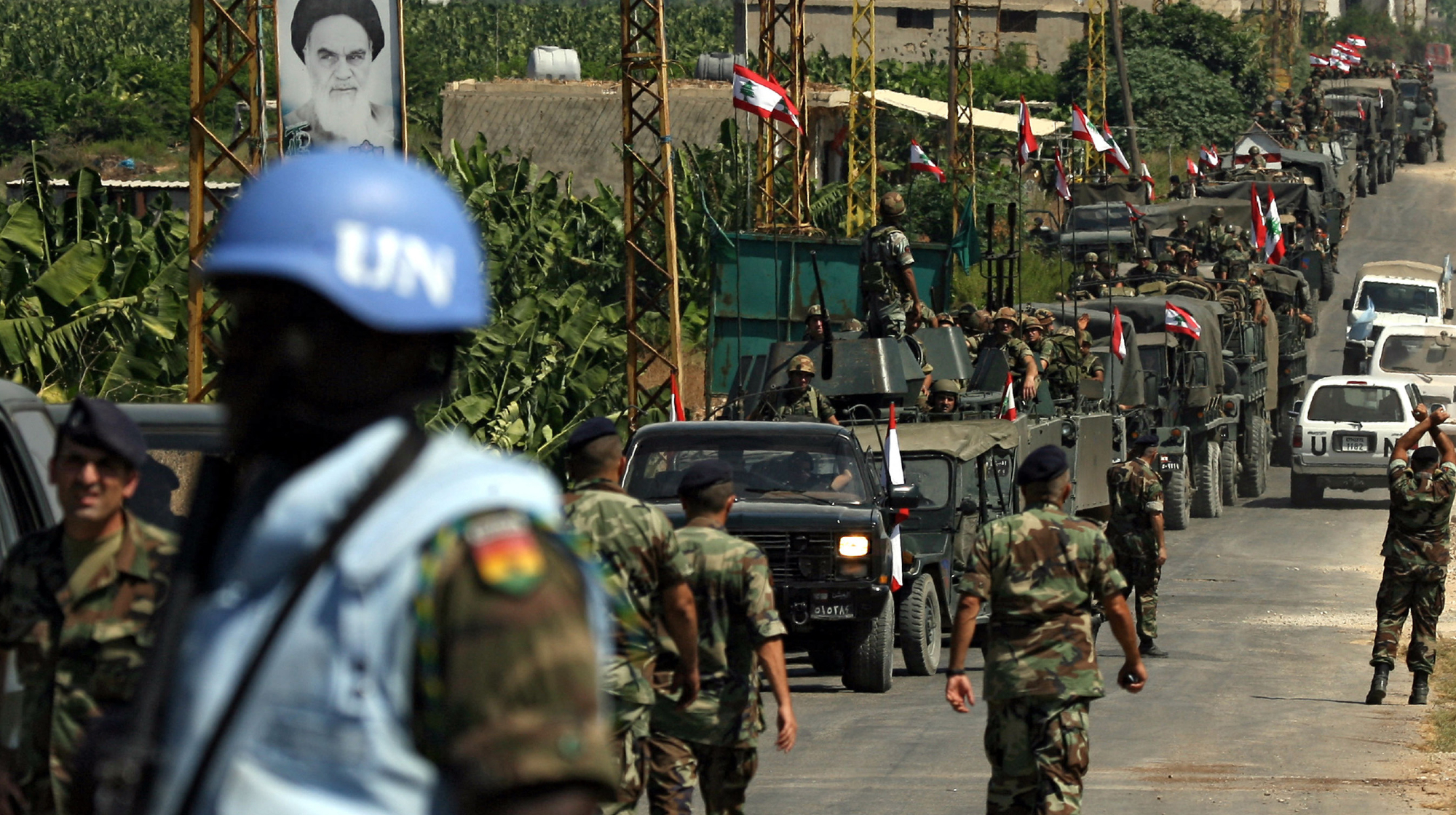
A free daily email with the biggest news stories of the day – and the best features from TheWeek.com
You are now subscribed
Your newsletter sign-up was successful
What happened
The United Nations Security Council Thursday voted unanimously to wind down its peacekeeping mission in Lebanon by the end of 2026, after nearly five decades of operation. The mandate for the U.N.'s Interim Force in Lebanon (UNIFIL), renewed annually since 1978, had been set to expire on Sunday.
Who said what
UNIFIL, "initially created to oversee the withdrawal of Israeli troops" after Israel's 1978 invasion, has "played a significant role in monitoring the security situation" in southern Lebanon for decades, said The Associated Press. It has also "drawn criticism from both sides" and from the Trump administration, which views UNIFIL as a "waste of money." Israel considers the U.N. force "toothless," The New York Times said, while Hezbollah, the Iran-backed militant group that has "long dominated" southern Lebanon, sees UNIFIL "as sympathetic to Israel."
The Trump administration had "pushed for an end to UNIFIL since taking office in January and has already overseen cuts in U.S. funding to the force," Al Jazeera said. But Lebanon and European governments pushed back against a quick dissolution, arguing that Lebanon's military is not yet ready to take over the area, giving Hezbollah a window to regroup from last year's drubbing by Israel.
What next?
In January 2027, UNIFIL will begin a yearlong "orderly and safe drawdown and withdrawal" of its 10,800 personnel and equipment from Lebanon, the U.N. said. The goal is to leave "Lebanon fully in charge of southern security."
The Week
Escape your echo chamber. Get the facts behind the news, plus analysis from multiple perspectives.

Sign up for The Week's Free Newsletters
From our morning news briefing to a weekly Good News Newsletter, get the best of The Week delivered directly to your inbox.
From our morning news briefing to a weekly Good News Newsletter, get the best of The Week delivered directly to your inbox.
A free daily email with the biggest news stories of the day – and the best features from TheWeek.com
Rafi Schwartz has worked as a politics writer at The Week since 2022, where he covers elections, Congress and the White House. He was previously a contributing writer with Mic focusing largely on politics, a senior writer with Splinter News, a staff writer for Fusion's news lab, and the managing editor of Heeb Magazine, a Jewish life and culture publication. Rafi's work has appeared in Rolling Stone, GOOD and The Forward, among others.
-
 Political cartoons for February 16
Political cartoons for February 16Cartoons Monday’s political cartoons include President's Day, a valentine from the Epstein files, and more
-
 Regent Hong Kong: a tranquil haven with a prime waterfront spot
Regent Hong Kong: a tranquil haven with a prime waterfront spotThe Week Recommends The trendy hotel recently underwent an extensive two-year revamp
-
 The problem with diagnosing profound autism
The problem with diagnosing profound autismThe Explainer Experts are reconsidering the idea of autism as a spectrum, which could impact diagnoses and policy making for the condition
-
 Key Bangladesh election returns old guard to power
Key Bangladesh election returns old guard to powerSpeed Read The Bangladesh Nationalist Party claimed a decisive victory
-
 Trump’s fuel blockade puts Cuba in crisis mode
Trump’s fuel blockade puts Cuba in crisis modeIN THE SPOTLIGHT Plummeting tourism, scrambling airlines and rolling blackouts are pushing Cuban society to the brink
-
 EU and India clinch trade pact amid US tariff war
EU and India clinch trade pact amid US tariff warSpeed Read The agreement will slash tariffs on most goods over the next decade
-
 Israel retrieves final hostage’s body from Gaza
Israel retrieves final hostage’s body from GazaSpeed Read The 24-year-old police officer was killed during the initial Hamas attack
-
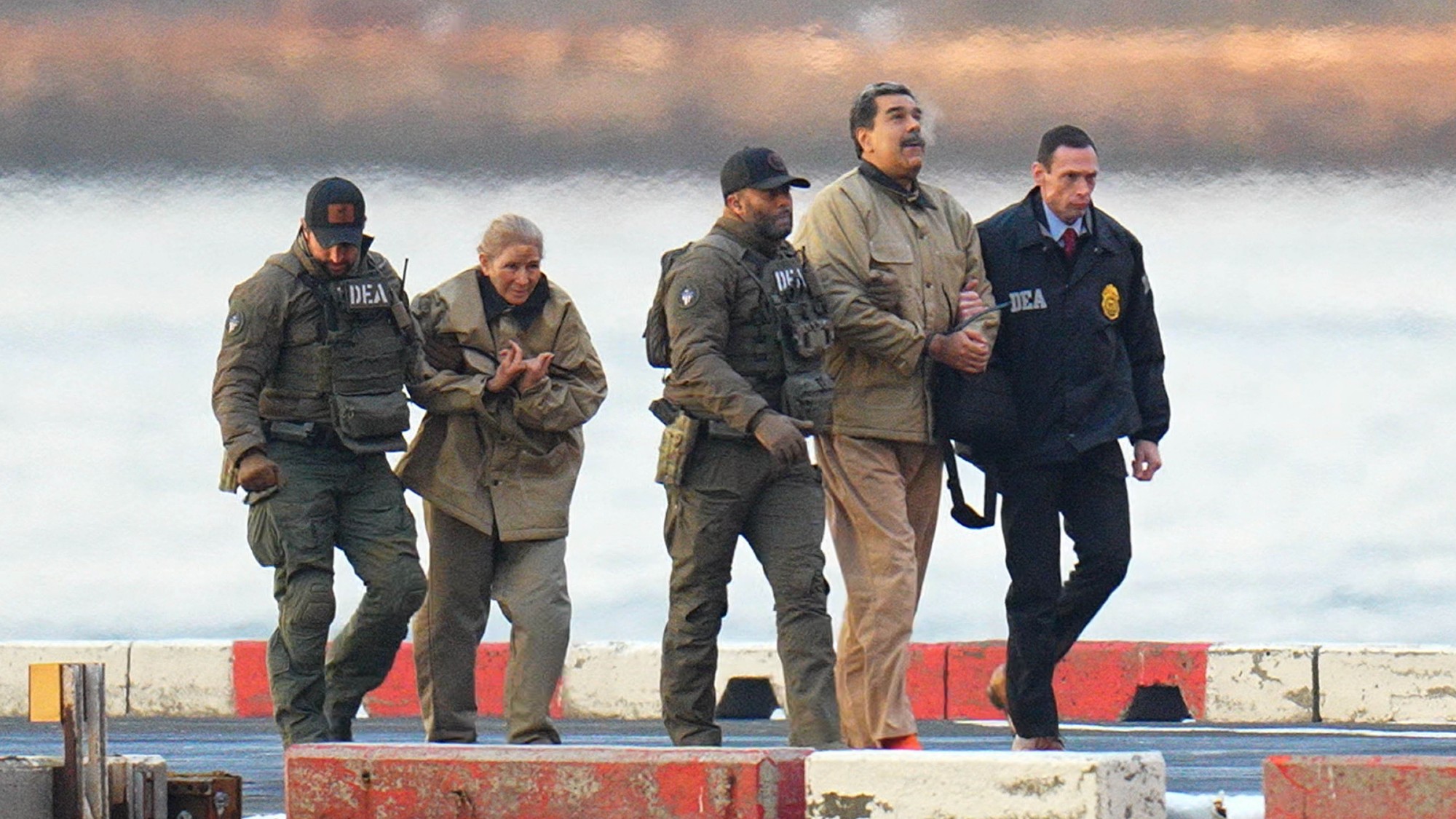 Maduro pleads not guilty in first US court hearing
Maduro pleads not guilty in first US court hearingSpeed Read Deposed Venezuelan leader Nicolás Maduro and his wife Cilia Flores pleaded not guilty to cocaine trafficking and narco-terrorism conspiracy
-
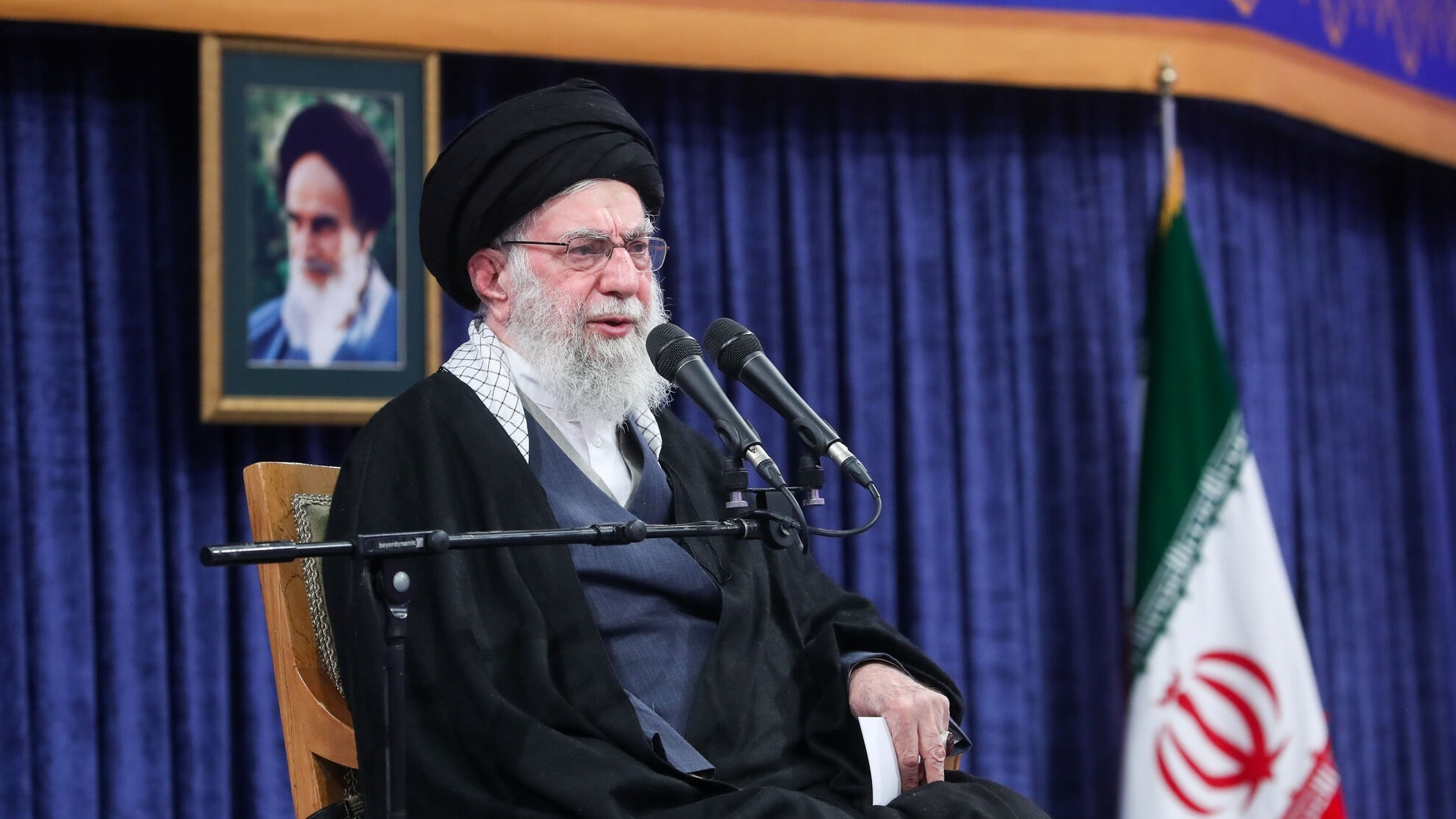 Iran’s government rocked by protests
Iran’s government rocked by protestsSpeed Read The death toll from protests sparked by the collapse of Iran’s currency has reached at least 19
-
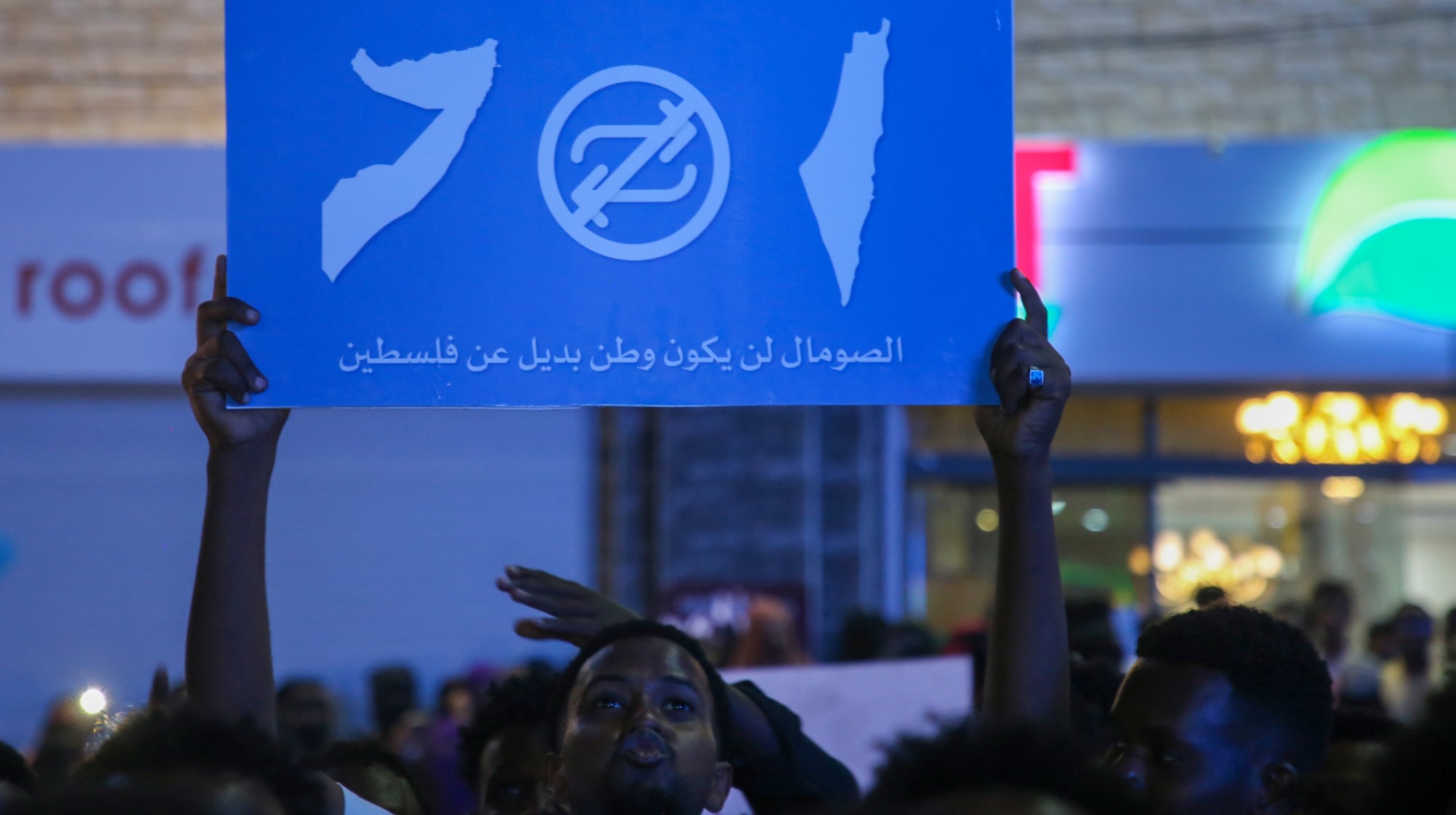 Why recognizing Somaliland is so risky for Israel
Why recognizing Somaliland is so risky for IsraelTHE EXPLAINER By wading into one of North Africa’s most fraught political schisms, the Netanyahu government risks further international isolation
-
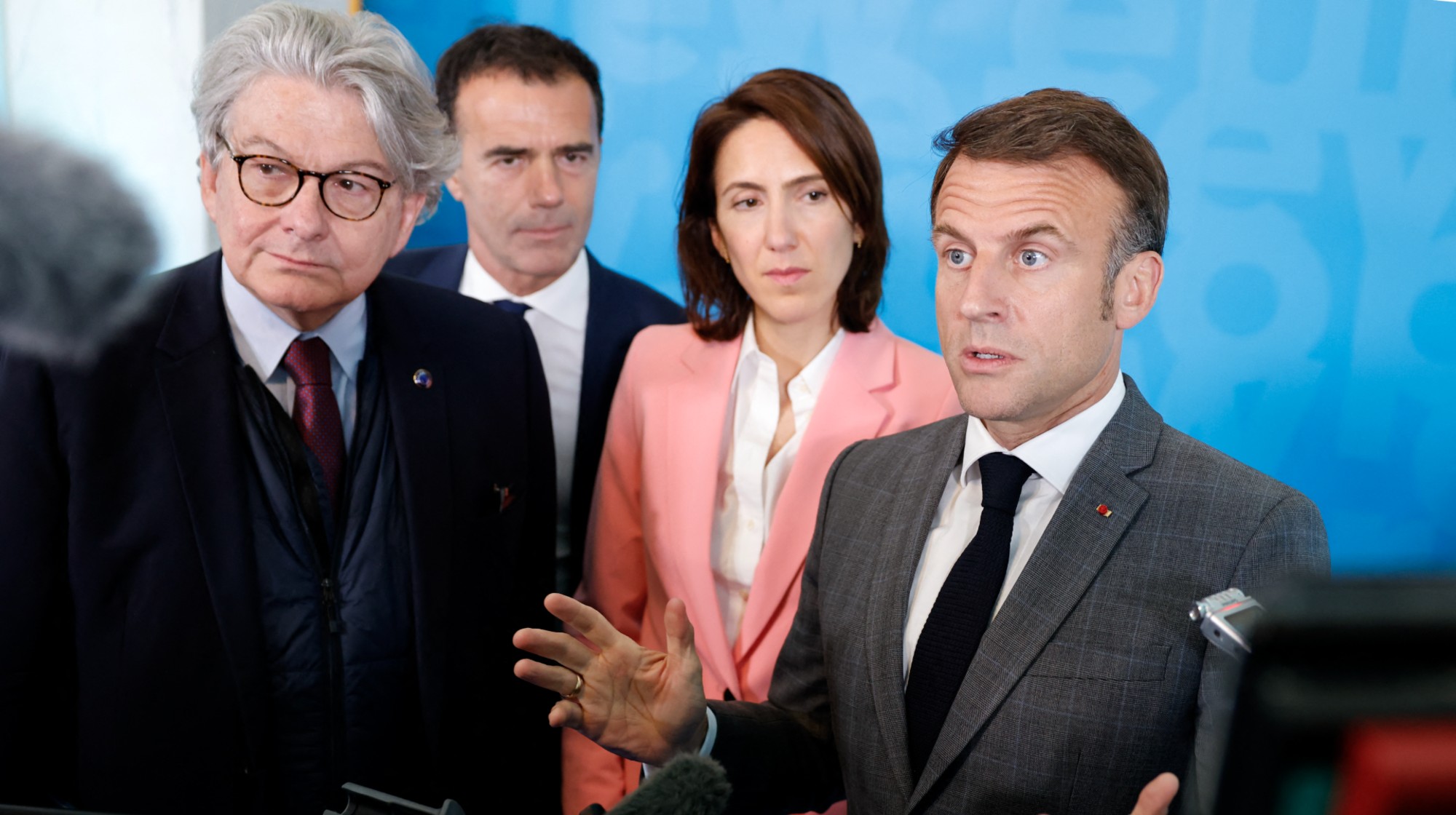 Shots fired in the US-EU war over digital censorship
Shots fired in the US-EU war over digital censorshipIN THE SPOTLIGHT The Trump administration risks opening a dangerous new front in the battle of real-world consequences for online action
